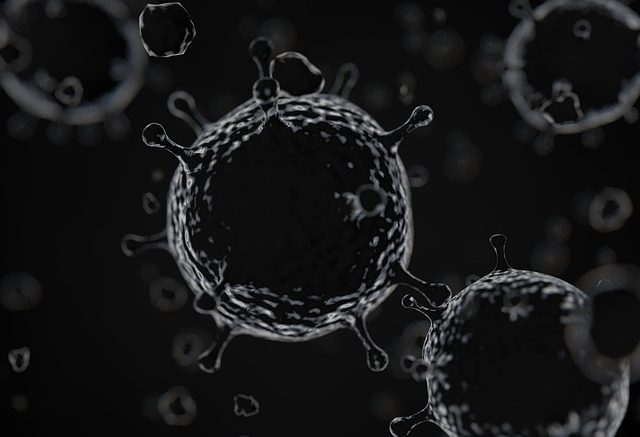When it comes to the concept of vaccines, many people have argued that there is stronger science backing the idea of the human/animal immune system being the better option at defending against illnesses. And really, why wouldn’t this logic be more readily accepted?
The immune system is a savvy, intelligent system that’s driven by interactions with the current environment and even, genetics, that give it insight into history. Vaccines are created in labs as a reaction to bacteria and illnesses that are already evolved, or evolving. The vaccine, particularly the flu shot, is a reaction to what pharmaceutical companies “think will happen.”
Illnesses are a part of the cycle of life. Just like humans and animals and plants, evolution makes bacteria stronger. So do we honestly believe that vaccines, created in labs, could possibly defeat evolutionary principles?
Apparently, people are beginning to wake up and realize that viruses may well be more sophisticated than they’ve been given credit. Quanta magazine has brazenly published a new article that claims the vaccine design is failing. They use chickens as the foundation of their argument. They claim that “vaccine resistance” is a real, deadly thing.
If you don’t have these pathogens evolving in response to vaccines, then we really don’t understand natural selection.
The article uses a 2015 study that uses 200 chickens.
In a 2015 paper in PLOS Biology, Read and his colleagues vaccinated 100 chickens, leaving 100 others unvaccinated. They then infected all the birds with strains of Marek’s that varied in how virulent — as in how dangerous and infectious — they were. The team found that, over the course of their lives, the unvaccinated birds shed far more of the least virulent strains into the environment, whereas the vaccinated birds shed far more of the most virulent strains. The findings suggest that the Marek’s vaccine encourages more dangerous viruses to proliferate. This increased virulence might then give the viruses the means to overcome birds’ vaccine-primed immune responses and sicken vaccinated flocks.
Most people have heard of antibiotic resistance. Vaccine resistance, not so much. That’s because drug resistance is a huge global problemthat annually kills nearly 25,000 people in the United States and in Europe, and more than twice that many in India. Microbes resistant to vaccines, on the other hand, aren’t a major menace. Perhaps they never will be: Vaccine programs around the globe have been and continue to be immensely successful at preventing infections and saving lives.
Recent research suggests, however, that some pathogen populations are adapting in ways that help them survive in a vaccinated world, and that these changes come about in a variety of ways. Just as the mammal population exploded after dinosaurs went extinct because a big niche opened up for them, some microbes have swept in to take the place of competitors eliminated by vaccines.
Then there is this…
Evolutionary biologists aren’t surprised that this is happening. A vaccine is a novel selection pressure placed on a pathogen, and if the vaccine does not eradicate its target completely, then the remaining pathogens with the greatest fitness — those able to survive, somehow, in an immunized world — will become more common. “If you don’t have these pathogens evolving in response to vaccines,” said Paul Ewald, an evolutionary biologist at the University of Louisville, “then we really don’t understand natural selection.”
This article is a big deal. The article made Google News on May 10th. Of course, it is getting ignored, mostly, but that doesn’t mean that it isn’t hugely significant. This article shows that mainstream minds are starting to change their thought processes over how vaccines interact with our social order. Many parents are asking why vaccines have to be mandatory and why there are so many vaccines in rotation, often, for illnesses that weren’t considered a big deal just 20 years ago.
The vaccine industry, for the first time in history, is being placed in a position to react to criticisms.


Be the first to comment on "New Research Claims ‘Vaccine Resistance’ Is Happening"